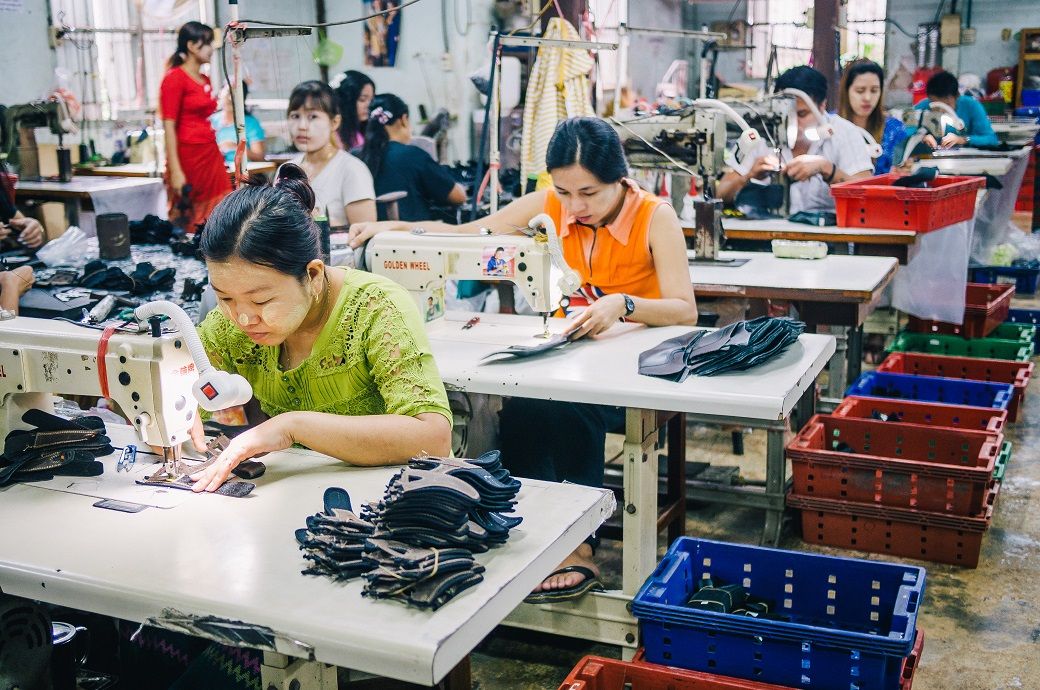
Yosthon Kitkuson, president of the Thai Garment Manufacturers Association (TGMA), said the FTA deal would help offset the disadvantage against Vietnam, which already enjoys tariff-free access to the European Union (EU). Currently, the United States accounts for about 40 per cent of Thailand’s garment exports, followed by Japan with 18 per cent, while shipments to the EU face tariffs averaging 10–20 per cent.
Industry leaders also expressed concern over a proposed increase in the daily minimum wage to 400 baht. They stressed that the garment sector, which employs 6,00,000–8,00,000 workers, is highly labour-intensive and heavily dependent on raw materials, with these two factors making up 60–70 per cent of production costs. Employers warned the wage hike would disproportionately affect new and unskilled workers, further burdening manufacturers, reported Thai media.
The sector has called on the government to balance wage policies with timely trade agreements, emphasising that both are crucial to sustaining growth and maintaining competitiveness in the global market.
ALCHEMPro News Desk (SG)
Receive daily prices and market insights straight to your inbox. Subscribe to AlchemPro Weekly!